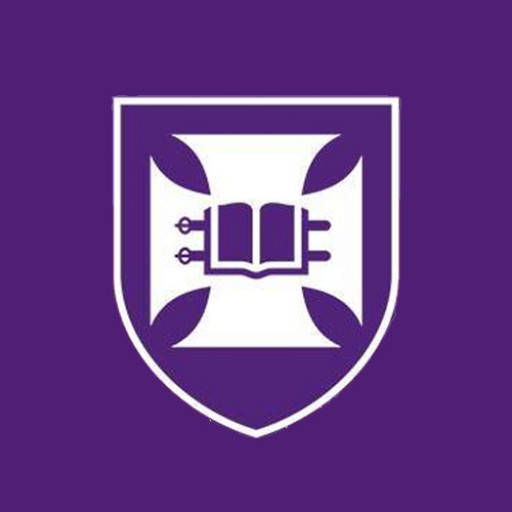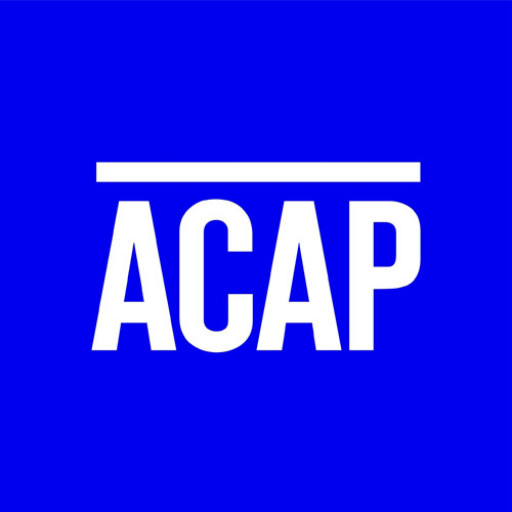Program Overview:
The Master of Psychological Practice (Counselling Psychology) at The University of Queensland is a comprehensive postgraduate program designed to prepare students for a professional career in counselling psychology. This program focuses on developing advanced skills in psychological assessment, intervention, and ethical practice to effectively support individuals experiencing mental health challenges. Through a combination of theoretical coursework, supervised practicums, and research components, students gain a solid foundation in the core areas of counselling psychology, including developmental psychology, psychological assessment, psychotherapy techniques, and evidence-based interventions.
The curriculum emphasizes the importance of cultural competence, ethical standards, and multidisciplinary teamwork to equip graduates with the skills necessary to work in diverse clinical settings. Students have opportunities to engage with real clients during practicum placements, gaining valuable hands-on experience under the supervision of experienced psychologists. The program also fosters critical thinking and research literacy, encouraging students to contribute to the advancement of counselling psychology through scholarly inquiry and evidence-based practice.
Designed for graduates with a background in psychology or related disciplines, this program addresses the growing demand for qualified counselling psychologists in mental health services, community organizations, and private practice. Upon successful completion of the program, graduates are eligible to apply for registration as a psychologist with the Australian Health Practitioner Regulation Agency (AHPRA), enabling them to work professionally within the scope of counselling psychology. The University of Queensland’s Master of Psychological Practice (Counselling Psychology) is committed to producing highly skilled, ethical, and compassionate practitioners dedicated to improving mental health and well-being across diverse populations and settings.
The Master of Psychological Practice (Counselling Psychology) at The University of Queensland is a comprehensive program designed to prepare students for a professional career in counselling psychology. The curriculum integrates theoretical knowledge with practical skills, focusing on evidence-based approaches to mental health and psychological wellbeing. Throughout the program, students engage in rigorous coursework covering topics such as human development, psychological assessment, diversity and ethics, and advanced counselling techniques. Practical training is emphasized through supervised clinical placements, where students apply their learning in real-world settings, developing essential skills in client communication, ethical decision-making, and case management. The program aims to cultivate reflective practitioners who can critically analyze their practice and adapt to the evolving needs of diverse client populations. Students are also encouraged to engage in research activities, contributing to the advancement of counselling psychology knowledge. The faculty comprises experienced researchers and practitioners dedicated to mentoring students and fostering a collaborative learning environment. Graduates of this program are well-equipped to work in various settings, including mental health clinics, community organizations, private practice, and hospitals, providing psychological support and intervention. Additionally, the program prepares students for further professional accreditation and registration with relevant psychological associations. By the end of the course, students will have developed a comprehensive understanding of counselling frameworks, multicultural competence, and ethical standards, enabling them to offer effective and compassionate psychological services. The University of Queensland’s master’s program in Psychological Practice (Counselling Psychology) is committed to producing skilled, ethical, and reflective practitioners capable of making meaningful contributions to individual and community wellbeing.
The Master of Psychological Practice (Counselling Psychology) at the University of Queensland requires students to complete a comprehensive curriculum designed to develop advanced skills and knowledge essential for professional counselling psychologists. The program typically involves a combination of coursework, practical training, and research components. Students are expected to undertake coursework in core areas such as human development, personality assessment, ethical practice, and multicultural counselling, ensuring they acquire a broad and in-depth understanding of psychological theories and therapeutic techniques. Practical training is a key component, with students participating in supervised placement settings that provide real-world experience in counselling and psychological assessment. These placements are essential for developing hands-on skills and understanding the diverse needs of clients across different contexts. Additionally, students must complete a research project or thesis, which involves conducting original research under the supervision of faculty members. This component aims to foster analytical thinking, research skills, and evidence-based practice. Admission to the program generally requires applicants to hold an undergraduate degree in psychology or a related field, along with relevant work or volunteer experience that demonstrates their commitment to mental health and counselling. The program is accredited by the Australian Psychology Accreditation Council (APAC), ensuring that graduates meet national standards for practice as counselling psychologists. Graduates of the program are prepared for diverse professional roles in clinical, community, educational, or private practice settings, contributing to the mental health and wellbeing of individuals and communities. Overall, the program emphasizes ethical, culturally sensitive, and client-centered approaches, preparing students to become competent and responsible practitioners in psychological counselling.
The University of Queensland offers various pathways for financing studies in the field of Psychological Practice (Counselling Psychology). Students pursuing this program may utilize a combination of government funding, scholarships, bursaries, and financial aid options that are available through the university and external sources. Commonwealth Supported Places (CSP) are available for eligible students, which significantly reduce overall tuition fees by subsidizing the cost. These places are highly competitive and require students to meet specific academic and residency criteria. For students who do not qualify for CSP, domestic students can opt for full fee-paying places, which involve paying the entire tuition fee out-of-pocket or through HECS-HELP loans if eligible. International students are usually required to pay the full international tuition fee, as government assistance options are generally unavailable to them.
The university also offers a range of scholarships aimed at supporting students financially throughout their studies. These scholarships may be based on academic merit, financial need, or specific criteria related to the student's background or future career plans. For example, some scholarships are targeted at students demonstrating leadership qualities or those intending to work in underserved communities. Students are encouraged to explore the university’s scholarship database and apply early, as many awards are competitive and have specific application requirements.
In addition to scholarships and government support, students can access various financial planning and student support services provided by the university. These include advice on budgeting, managing student loans, and accessing external funding sources such as private grants or sponsorships. The university also offers flexible payment options, enabling students to arrange installment plans for their tuition fees, which can ease the financial burden during their course of study.
Part-time work opportunities are another common way for students to support themselves financially while studying at UQ. The university’s career services and job boards provide listings for on-campus employment and internships related to psychology and counselling fields, which can help students gain relevant experience and supplement their income.
In summary, financing studies at the University of Queensland’s Psychological Practice (Counselling Psychology) program involves a combination of government subsidies, university scholarships, external funding, and part-time employment. Students are advised to carefully research all available funding options early in their studies and to seek guidance from financial aid offices to optimize their financial planning.
The Master of Psychological Practice (Counselling Psychology) at The University of Queensland (UQ) is a comprehensive postgraduate program designed to prepare students for professional practice as counselling psychologists. This program integrates theoretical knowledge with practical skills, emphasizing evidence-based approaches to psychological assessment, intervention, and ethical practice. Students engage in rigorous coursework covering core topics such as human development, psychological assessment, counseling techniques, and ethical standards in psychology. The curriculum is structured to meet the requirements for registration as a psychologist with the Australian Health Practitioner Regulation Agency (AHPRA), specifically within the area of counselling psychology.
Throughout the program, students undertake supervised practical placements in real-world settings, including community health services, mental health clinics, and private practices. These placements are integral to gaining hands-on experience and applying learned theories in diverse client contexts. The program also emphasizes cultural competence, ensuring graduates are equipped to work effectively with a diverse range of clients, including those from Aboriginal and Torres Strait Islander backgrounds.
Research coursework and optional research projects allow students to develop critical thinking skills and contribute to the field of counselling psychology. The program duration is typically two years full-time, with part-time options available. Graduates of the program are well-positioned to pursue professional registration, further doctoral studies, or careers in private practice, community health, education, and organizational settings. The University of Queensland is renowned for its research excellence and innovative teaching methods, aiming to produce competent, ethical, and reflective counselling psychologists.







